I am not well-off.
In fact, I’ve been financially struggling the past few days since I recently left my job of two years. I don’t wear designer clothing. To be honest, I wear clothes from thrift stores, and sometimes, I wonder if maybe, the owner of this pre-loved shirt that I am wearing right now is already dead. We will never know.
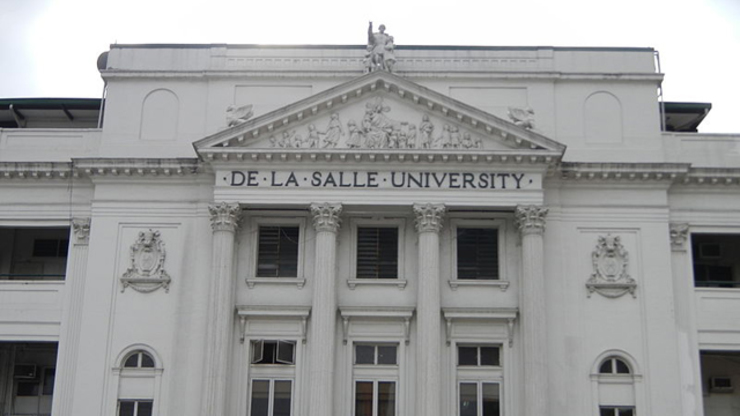
To give emphasis to my poorness, I would admit in this article that yes, I’ve never been abroad — be these travels are for leisure or for work. In fact, I just got my passport last year and it hasn’t been stamped yet. I don’t know if it will ever be stamped. I just hope it will.
Being poor is probably a bandwagon — at the very least in our own country. Poverty is so normal for us Filipinos, as we see stories relative to it each day, on our way to school or work — often lurking in streets, ‘proudly’ presented in the news flash, ‘celebrated’ in TV documentaries and teleseryes, or simply circulating across social media.
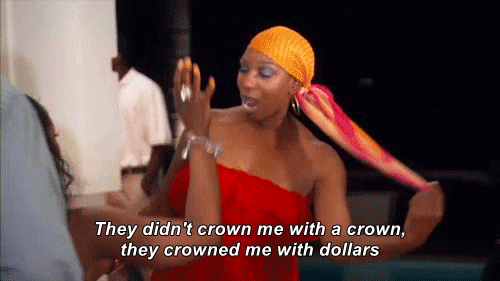
We inhale poverty each day, as though it is actually good for our lungs. Certainly, it is always a bitter pill to swallow, each day, to have that awareness that you can’t buy, or say, do the things you want just because you have to prioritize survival first. You want to study, for example, but education seems irrelevant when an empty stomach is needed to be filled.
That is why every inspiring rags-to-riches story is often celebrated. We like hearing stories of hard work, of sweat and blood — the same, clichéd stories of people who have known poverty very well but someway managed to get out of its claws. We like these kinds of stories so much that we have the leaning to dislike stories of the well-off — the stories of the moneyed. Yes. Welcome to the era of ‘rich-shaming.’
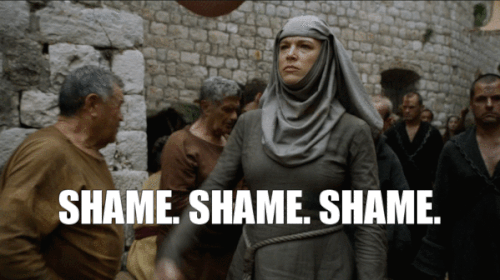
What is “Rich-Shaming?”
“Rich-shaming,” basically, is shaming the rich, obviously. This happens, mostly, because people tend to compare richness to shallowness (or vice versa).
Some people have the leaning to see wealthy people to have fewer problems to deal with — and this might mean, for them, that well-off people have superficial lives and that their pains (yes, it is now deemed as a measurement for having a good, polished soul) do not measure up to those who have met poverty.
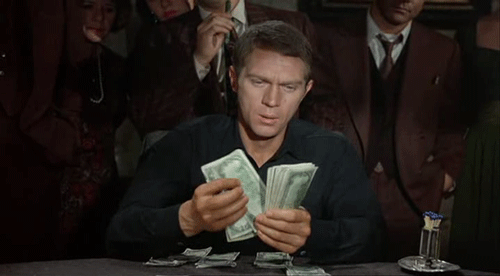
Some people tend to make other people feel guilty for being rich — and it is bothersome for numerous reasons.
Recently, a post from the Facebook page DLSU-Manila Secret Files (dated May 12), had gone viral. It was a post from anonymous netizen “Elitista COB 1XX.” Basically, the post is about how the writer (whose gender was unmentioned) has been “bullied” by his or her co-workers.
According to the post, they have been undergoing a training and people have seemingly insulted his or her clique of well-off kids for being privileged — to a greater degree, for being Lasallistas.
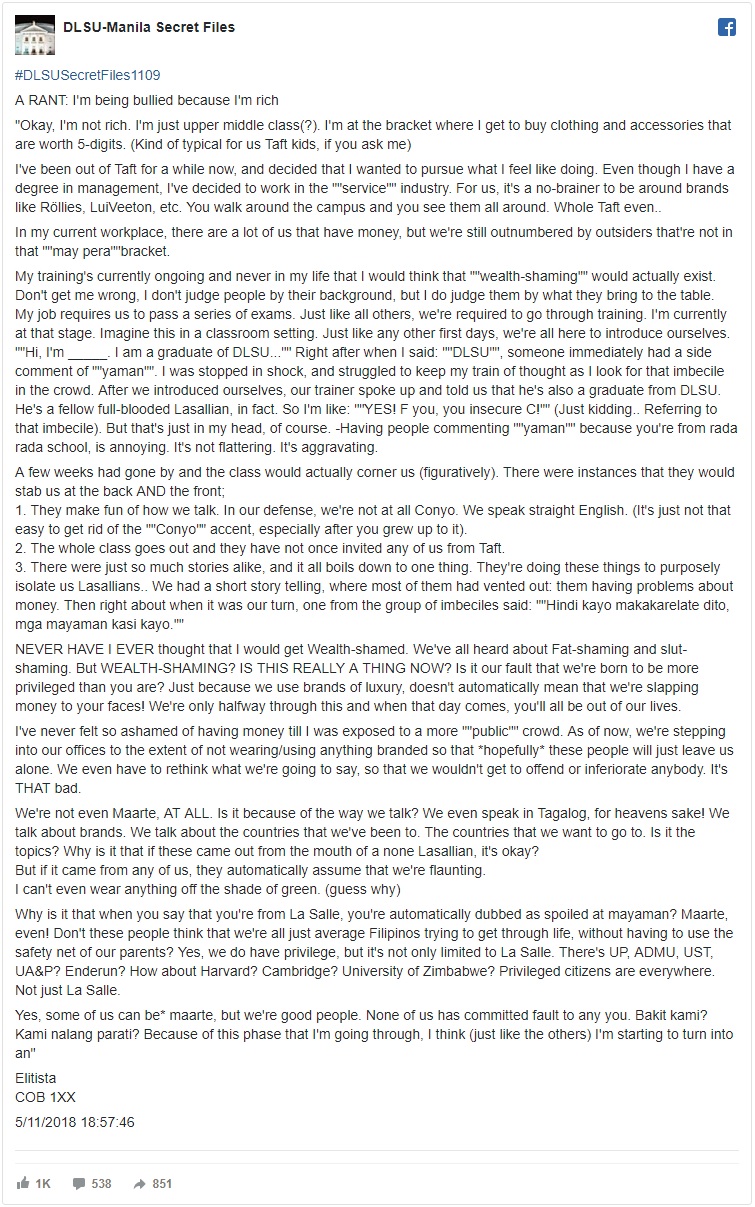
A part of the long post reads:
“They make fun of how we talk. In our defense, we’re not at all Conyo. We speak straight English. (It’s just not that easy to get rid of the “Conyo” accent, especially after you grew up to it). The whole class goes out and they have not once invited any of us from Taft. There were just so much stories alike, and it all boils down to one thing. They’re doing these things to purposely isolate us Lasallians.. We had a short story telling, where most of them had vented out: them having problems about money. Then right about when it was our turn, one from the group of imbeciles said: “Hindi kayo makakarelate dito, mga mayaman kasi kayo.”
NEVER HAVE I EVER thought that I would get Wealth-shamed. We’ve all heard about Fat-shaming and slut-shaming. But WEALTH-SHAMING? IS THIS REALLY A THING NOW? Is it our fault that we’re born to be more privileged than you are? Just because we use brands of luxury, doesn’t automatically mean that we’re slapping money to your faces! We’re only halfway through this and when that day comes, you’ll all be out of our lives.
I’ve never felt so ashamed of having money till I was exposed to a more “”public”” crowd. As of now, we’re stepping into our offices to the extent of not wearing/using anything branded so that *hopefully* these people will just leave us alone. We even have to rethink what we’re going to say, so that we wouldn’t get to offend or inferiorate anybody. It’s THAT bad.
We’re not even Maarte, AT ALL. Is it because of the way we talk? We even speak in Tagalog, for heavens sake! We talk about brands. We talk about the countries that we’ve been to. The countries that we want to go to. Is it the topics? Why is it that if these came out from the mouth of a none Lasallian, it’s okay?”
***
Reading the post fully, I was able to understand how the writer feels, even though we came from different upbringings. Shame is a universal feeling — and it feels even worse when people made you feel ashamed of something that is, above all, natural to you.
Although I have mentioned above how I am not really well-off, I have experienced the exact, same thing. This year, our family is set to move to our new house my sister managed to have built through hard-earned money abroad. I expected that some people would say negative things about us, especially our would-be neighbors who have been notorious for crab mentality.
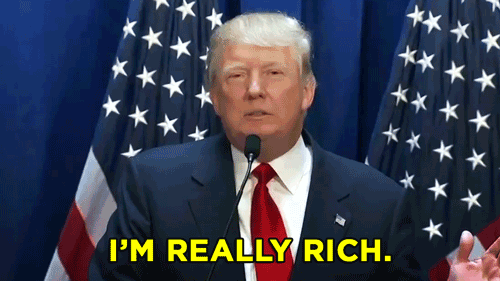
Like “Elitista COB 1XX” I also questioned myself: Is it our fault that unlike them, my sister and I are employed and we are constantly choosing to better our lives? I cringe whenever I remember people bad mouthing us for choosing this template in life: to work to be privileged.
However, despite “rich-shaming” getting famous, I just wonder where do we actually draw the line: when does it become inappropriate? More so, when does it become just a senseless “trend?”
In the said post of “Elitista COB 1XXX,” many netizens commented how “infinitesimal” the problem really is. They think that comparing “rich-shaming” to any other kinds of shaming like “fat-shaming” or “slut-shaming” is just pure nonsense.
Well, we can never judge anyone for feeling so much about the issue. Shaming is shaming — regardless of what kind it is. We should never invalidate someone just because we think our pain is greater than theirs.
Meanwhile, for the part of “Elitista COB 1XXX,” I believe that what he or she needs is not, ever, to stay more aloof and build a higher wall to shoo his or her colleagues, only to become the detached ‘elitista’ that he or she is claiming to be. This country had enough of those people. Politicians, celebrities — name them. What we should learn to embrace is a notion of inclusiveness. Only then we can assess ourselves if we really are indeed good people.




One Comment